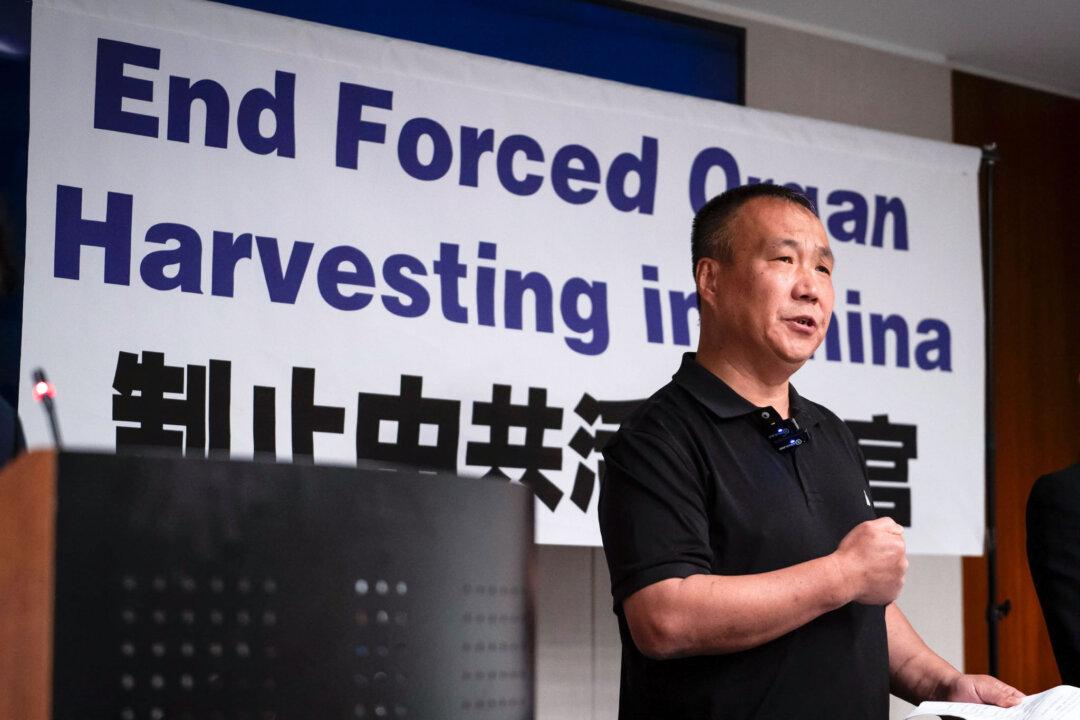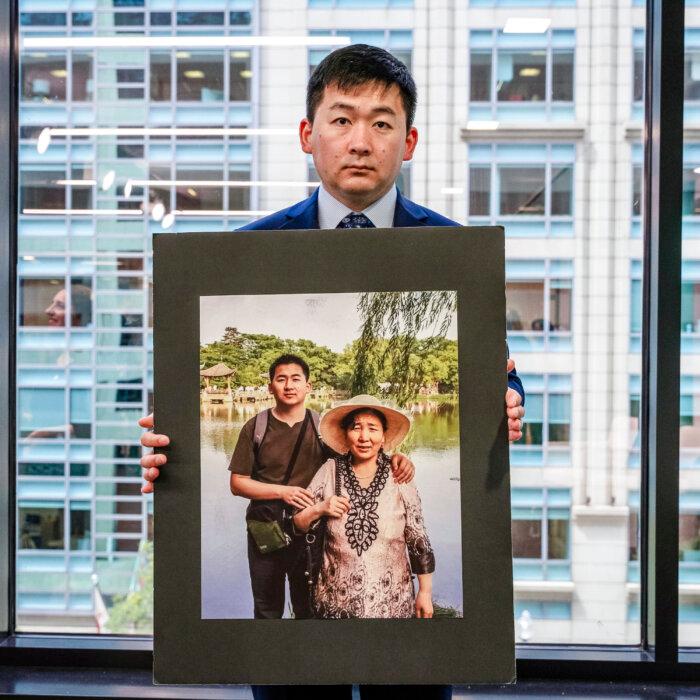WASHINGTON—The Chinese regime may have inadvertently implicated itself in the crime of forced organ harvesting in its attempt to discredit the first survivor to ever come forward out of China, human rights watchers say.
Cheng’s Unlikely Survival
In November 2004, about halfway into his eight-year sentence, Cheng decided to take drastic action to protest the relentless abuse: He said he swallowed a blunt nail and a half-inch wide rusty blade.Prison guards immediately rushed into the room, knocked him down, and took him to the hospital. At the hospital, prison guards demanded that he sign papers consenting to surgery. When he refused, six guards pinned him down and sedated him.
He regained consciousness three days later, shackled to a hospital bed with a 14-inch cut around the left side of his chest. Cheng was then sent back to prison.
Sixteen months later, in March 2006, he was suddenly whisked to the hospital again, told he needed to undergo high-risk surgery with a high fatality rate because he had swallowed another blade—which he hadn’t.
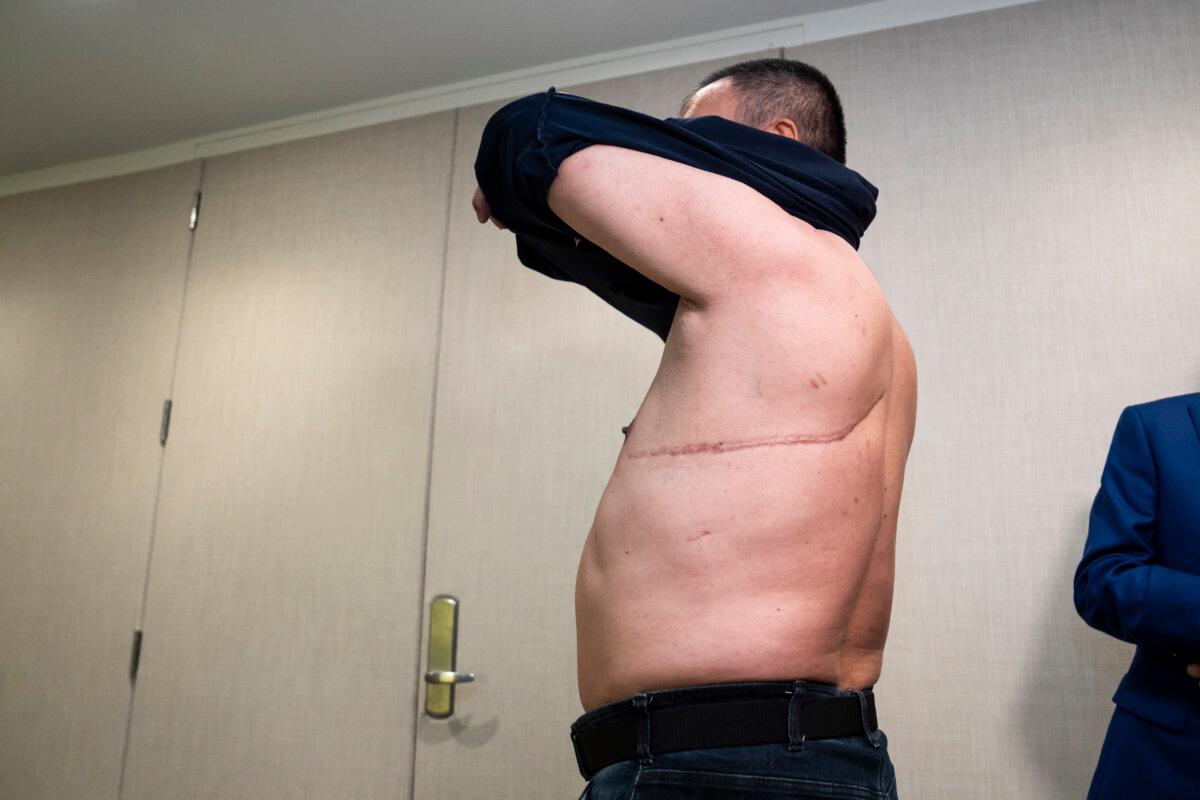
Cheng said he was sure they meant to kill him this time and sought to escape. He seized an opportunity when the guards fell asleep, and he successfully ran away.
It turned out that this was just days before the first whistleblowers came forward to The Epoch Times with stories about organ harvesting taking place in secret at Chinese state medical facilities. Cheng said when he heard these reports, he trembled thinking what could have happened to him.
Since escaping from China, he has undergone multiple physical exams. Three medical experts from the United States and Taiwan confirm that a portion of his liver and lung were surgically removed.
Admitting More Than Intended
The widely disseminated article with the response by the Chinese Communist Party (CCP) to Cheng’s accusations didn’t address what he suffered. Instead, it described his July press conference as taking place in a “low-ceilinged, cramped” room; it denied forced organ harvesting wholesale, calling it a “rumor” that “Western anti-China forces” have perpetuated; and it claimed that Cheng’s surgery was for removing the blade and nail.Despite all the denials, the regime might have admitted more than intended.
Nina Shea is the director of the Center for Religious Freedom at Hudson Institute. She said the regime’s article supplied critical evidence for Cheng’s story that was previously missing.
“How did I know he was a prisoner? I didn’t know that. I didn’t have evidence of that. I don’t think he had evidence of that, but they gave evidence of it,” Shea told The Epoch Times.
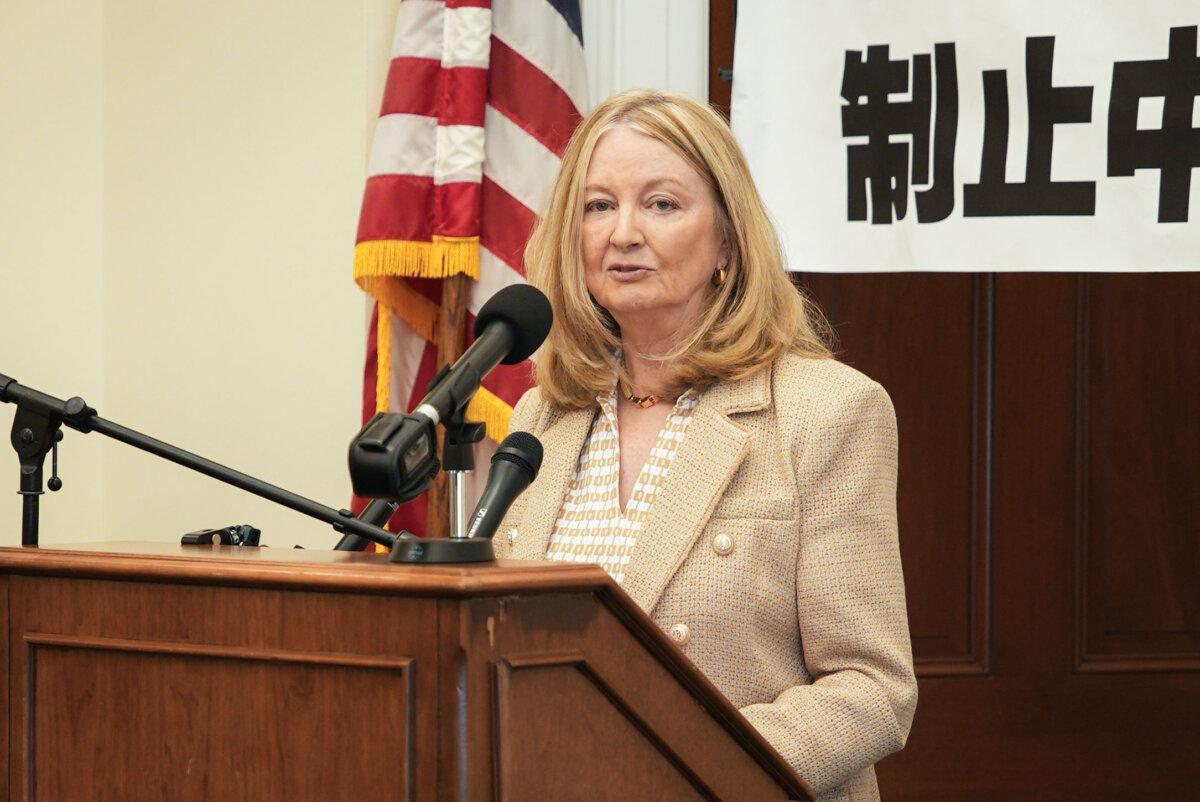
She said the article also helped confirm that Cheng was sent to prison for his beliefs, that he was taken to the hospital, and that the surgery did take place and resulted in the scar.
More than that, the CCP has broken from its pattern of simply issuing generic, blanket denials—a sign that they consider the case serious enough to warrant a specific comment, according to Robert Destro, who facilitated Cheng’s escape to the United States when he was assistant secretary of state for democracy, human rights, and labor.
“I’m amazed that there’s any official narrative at all,” he told The Epoch Times.
“As we lawyers would say, that’s an admission against interest.”
Destro was referring to when someone makes a statement out of court that can be used against them as evidence.
Shea said the article shows that Chinese authorities are “on the defensive.” It’s significant that the denials are being fronted by public security, rather than medical authorities, and that the surgery was done against his will, she noted.
“It’s almost an admission that they were involved in this,” she said. “To have this odd response, this really quite damning response ... that he was in fact a prisoner, he was in fact in a hospital, he was in fact subject to surgery without his consent—it’s damning.”
As is typical in such pieces, the article carries no author’s name, nor was anyone directly quoted who would be familiar with Cheng’s case. The only source the article quotes related to Cheng is an unspecified “relevant department.”
David Matas, a Canadian human rights lawyer who has been investigating forced organ harvesting in China since 2006, said the article was no more than a “recirculation of their old propaganda.”
“There’s hardly a sentence in there that is accurate or makes any sense,” he told The Epoch Times. “There’s nothing in substance.”
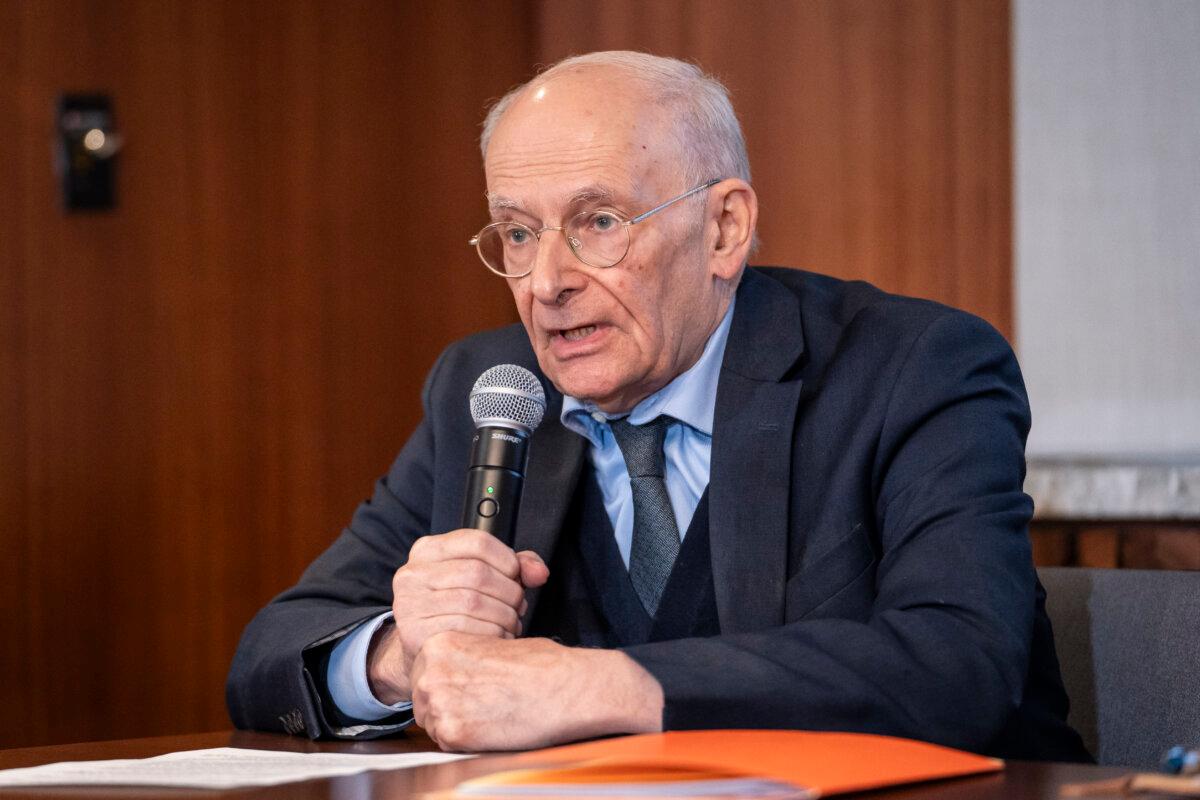
He said that the article mostly hinges upon mischaracterizing Falun Gong and maligning people who speak out. For example, Sir Geoffrey Nice, an esteemed barrister and judge who chaired the China Tribunal and has investigated the human rights abuses against Uyghurs in Xinjiang, became, in the article, a “seasoned U.K. special agent” who spent his career “fabricating false accusations based on Western geopolitical goals.”
Matas called the character attack on Nice “ridiculous.”
“Realistically, the Communist Party is a lot more harmful to China than people who are telling the truth about China,” Matas said. “It’s the Communist Party that’s involved in the mass starvation, the Cultural Revolution and Tiananmen Square Massacre, in the repression of Tibet, Xinjiang, and Hong Kong.
Pointless Surgery
The medical procedures Cheng went through have cast doubt on the Chinese narrative, according to Torsten Trey, director of the medical ethics group Doctors Against Forced Organ Harvesting.“You can say that’s a blunt lie,” he told The Epoch Times.
In a case such as Cheng’s, an endoscopy would be the first choice, Trey said. Even if surgery was needed, it wouldn’t require the type of procedure Cheng underwent.
“Why would they remove part of the lung? Why would they remove part of the liver? It doesn’t make sense,” he said.
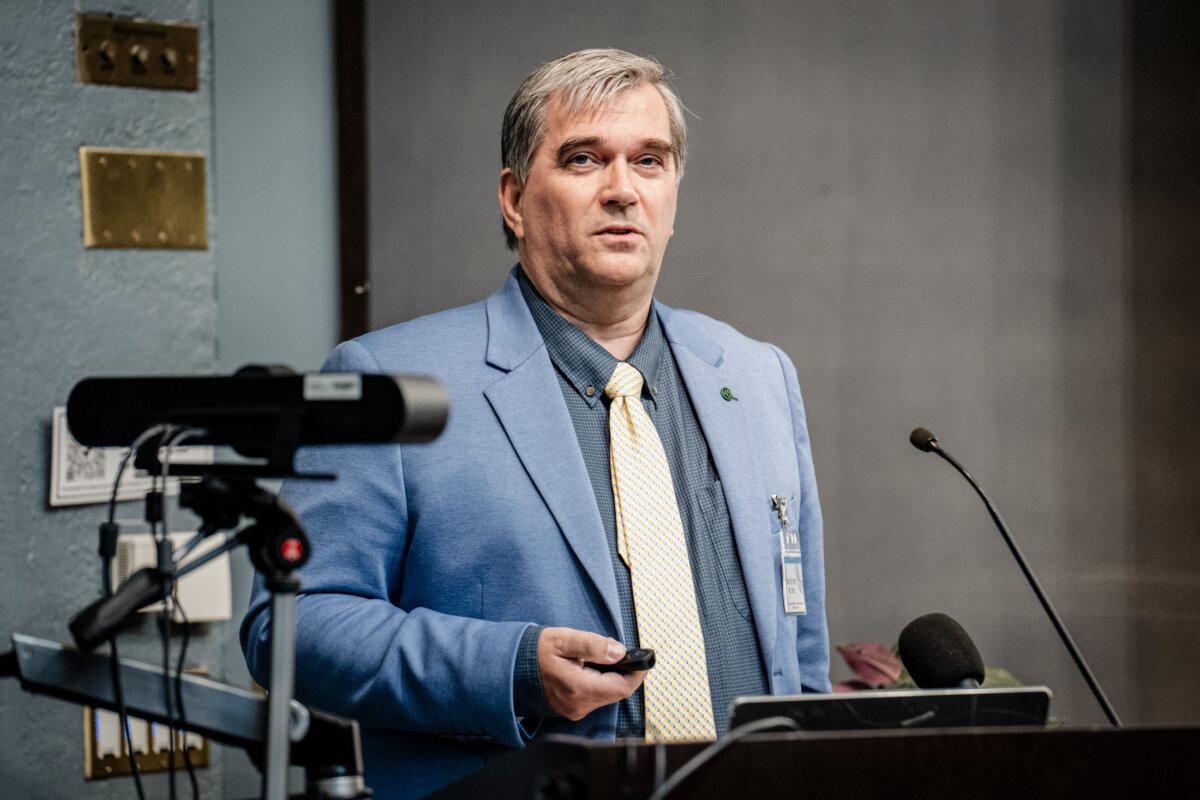
Even if they deemed it critical to open his stomach to get the items out, they would do it from the front, not from the side, according to Trey.
“You wouldn’t go through the lung area to get this out,” he said.
It’s still unclear why the Chinese doctors removed only parts of Cheng’s organs during the first operation and let him live. What usually happens in China is that organ removal is also the form of execution, which is why there’s never been a survivor to bear witness before.
Trey suggested that the hospital may have been experimenting or training the doctors in the field. They may have been exploring a different surgery technique or researching organ tissues.
What Happens Now?
Today, Cheng walks and speaks normally, but he says he’s never been the same since his ordeal in the hospital.“The 35-centimeter scar on my left rib cage throbs with every beat of my pulse,” he said at a press event on Sept. 3, noting that he struggles to breathe at night.
He urged the international community to pressure Beijing to open up prisons and hospitals for independent investigation from the outside world.
The organizers of the event shared a supportive message from Rep. Gus Bilirakis (R-Fla.), who said that the “heinous practice” of forced organ harvesting has long been swept “under the rug” and deserves more forceful actions from the United States.
“No person should ever be intimidated, forced from their ancestral homeland, imprisoned, or murdered because of their beliefs,” he said in the statement.
Former Rep. Frank Wolf, who served 34 years in Congress and two terms on the U.S. Commission on International Religious Freedom (ending in May), said the matter is horrific enough regardless of the scale.
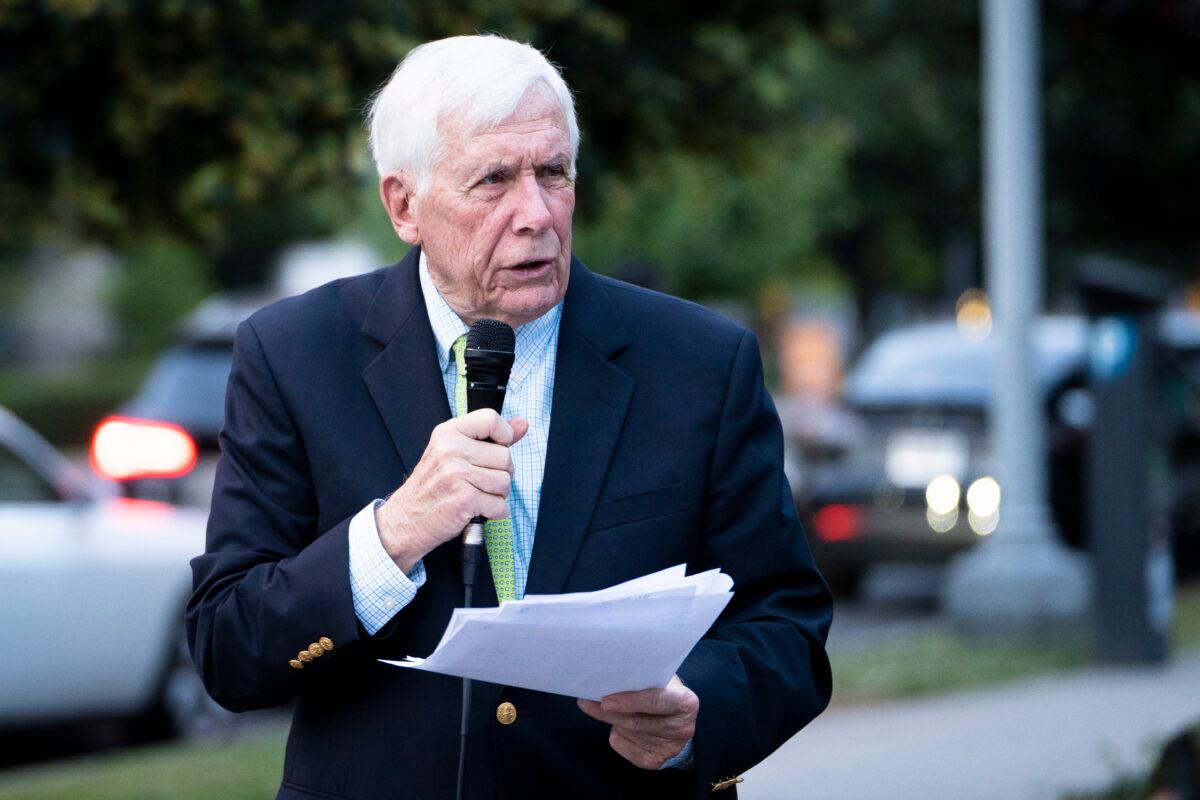
“If one person goes through this—can you imagine having your brother or your mother or your father ... the heart taken out, or the cornea taken out, or the kidney taken out? It’s a big business, and it has to stop,” he told The Epoch Times.
Hearing what happened to Cheng is “sickening,” Shea said.
“He has been through hell and back,” she said.
She noted that Cheng was “fortunate that he escaped with his life,” because an unknown number of others have not.
“Let’s have some moral courage here and stand up,” Destro said.
